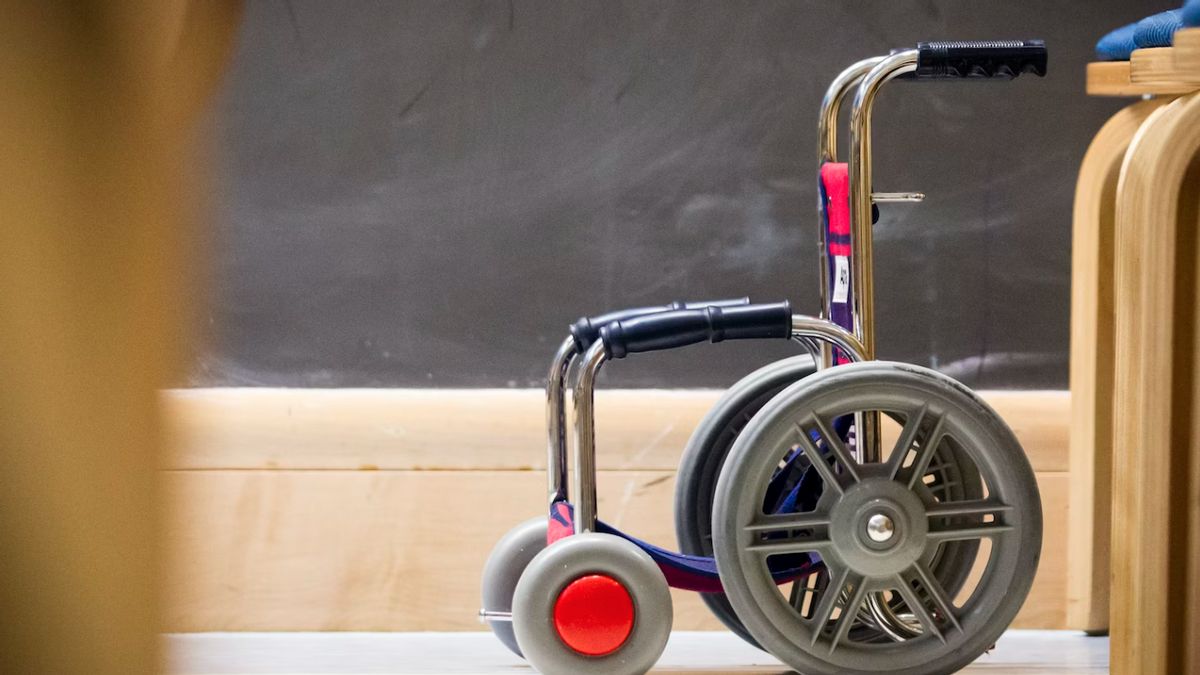JAKARTA - In low- and middle-income countries, it is estimated that 350,000 children are diagnosed with cancer every year, according to Director General of the World Health Organization (WHO) Tedros Ghebreyesus.
"Many of them cannot access the treatment they need. Only 25 percent of low-income countries include child cancer drugs in their health allowance packages," Ghebreyesus said during a press conference in Geneva.
He warned that this condition made children and their families have the potential to receive drugs of lower quality and damaged and caused them to suffer even more and suffer financially.
"As a result, the survival of children in this country is less than 30 percent, compared to high-income countries which can reach more than 90 percent," he said.
Given the Global Initiative for Child Cancer launched by WHO and the possibility of bringing in a contribution of 15 million US dollars (around Rp225 billion) from St. Jude Children's Research Hospital in the United States, he said: "The initiative aims to achieve survival of at least 60 percent in low and middle income countries by 2030, which focuses on six types of cancer that are highly cureable and represent more than half of cases of child cancer."
According to WHO, St.Jude Hospital has committed to providing $ 200 million (around IDR 3 trillion) for six years to finance the platform.
Ghebreyesus said the initiative has now been carried out in more than 70 countries, and more than 20 countries have developed cancer management strategies that prioritize children.
Meanwhile, a number of countries have passed new laws that include cases of child cancer into their essential health allowance packages.
"We plan to reach 120,000 children by 2027," he said.
Regarding the WHO Essential Drug List (EML) and the List of Essential Drugs for Children (EMLC) published on Wednesday, he said a number of the new changes had changed the number of drugs in EML to 502 and in EMLC to 361.
SEE ALSO:
Extreme heat threatens health
"The high temperatures that continue to occur threaten health in the northern hemisphere," said Ghebreyesus.
More than 40 people died and thousands more were evacuated due to forest fires caused by extreme heat in Algeria, Greece, Italy and Tunisia.
"We are also concerned about the impact of hot weather on the health of displaced people or those living in locations affected by conflict or vulnerable, where access to water and sanitation is limited or absent, cooling is reduced and there is a medical supply crisis," he said.
"Hot waves and forest fires are now a real reminder of the critical need to reduce greenhouse emissions and protect the earth," he said.
The English, Chinese, Japanese, Arabic, and French versions are automatically generated by the AI. So there may still be inaccuracies in translating, please always see Indonesian as our main language. (system supported by DigitalSiber.id)












